The ‘Preventing avoidable deaths and stopping people dying younger’ conference included presentations from the team working on the LeDeR programme. LeDeR stands for (Learning from Lives and Deaths – People with a Learning Disability and autistic people). One of LeDeR’s core aims is to prevent people with a learning disability and autistic people from early deaths.
Organised by BILD (British Institute of Learning Disabilities), the conference aimed to highlight lesser-known issues for people with learning disabilities. It also aimed to provide practical suggestions for positive developments. The agenda included talks from experts on health conditions associated with premature or avoidable deaths, such as constipation and aspiration pneumonia.
Together with Marie Lovell from Skills for Care and Ivan Olbrechts, Quality Manager, Erren facilitated a workshop: Safely Delegated? Ensuring safe healthcare and support.
Skills for Care defines delegated healthcare procedures as ‘a health intervention or activity usually of a clinical nature, that a registered healthcare professional delegates to a paid care worker.’ With any delegated healthcare procedure, the registered healthcare professional remains accountable for the appropriateness of the delegation. They are also accountable for ensuring that the person they are delegating to is trained and competent.
More choice and control
Erren explains: “Delegating healthcare activities can enable people receiving care and support to have more choice and control over their own lives. They can be involved in choosing who supports them with their healthcare activity and where they live, offering a better experience of care and support. These choices can be restricted by a provider if delegated activities are not supported by local health teams.
“By delegating healthcare activities Achieve together is able to offer health/clinical support for people away from health/clinical settings. This balances the meeting of complex health needs whilst ensuring we are maximising positive life experiences.”
In her talk, Erren shared the delegated healthcare activities that take place within Achieve together. Examples include gastrostomy care and enteral nutrition (tube feeding), catheter care, oral suction and stoma care. She described how the person supported is at the centre of all discussions and decisions, adding: “We work closely in collaboration with each person supported, their family, health and social care professionals to ensure we are all working towards shared goals and outcomes.”
Furthermore, Erren demonstrated how she and her team ensure delegated healthcare activities are person-centred, effective, efficient, and safe through robust training, practice observations and governance.

